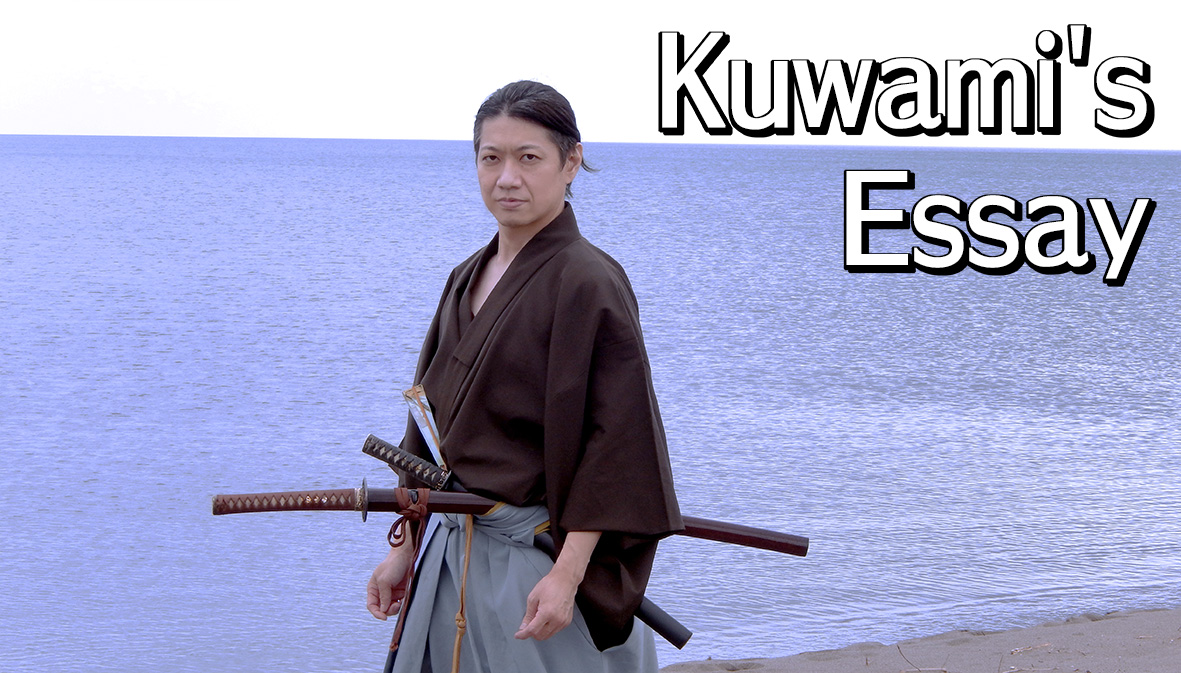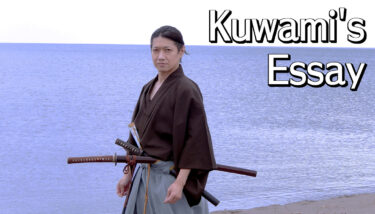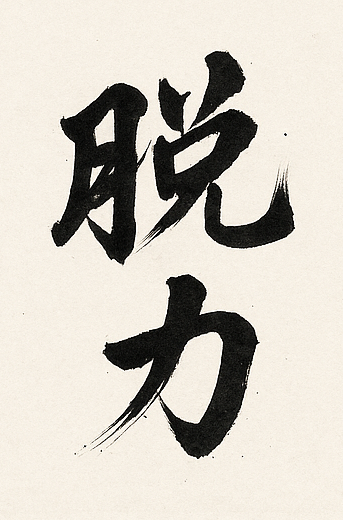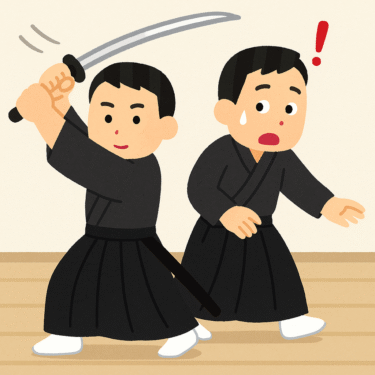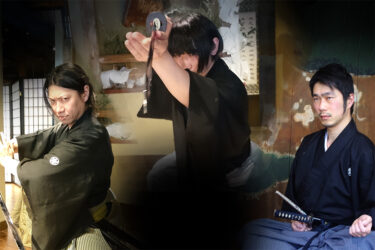A Common Challenge in Teaching: “Students Are Not Improving”
One of the common challenges in teaching is the concern that “students are not improving.” Of course, growth is not an easy achievement, especially given the limited practice time available in today’s world.
I once heard someone say, “No matter how much I teach, my students just don’t improve at all. It became so frustrating that I decided to close my dojo.” This might sound a bit extreme, but as an instructor myself, I find myself constantly grappling with the question, “How can I help my students improve more?”
I bring this up because the topic came up during a recent DVD filming session. During the discussion, I mentioned that “my students are improving steadily.”
While there’s always room for improvement, I believe this is a favorable state, especially considering the significant obstacle of the COVID-19 pandemic that we have faced.
The concern about students not improving is a universal challenge faced by all styles and dojos to some extent. However, the real issue is not so much “students not improving,” but rather the ongoing challenge of “how to help them improve.” This challenge is always influenced by societal conditions, the style, changes in the dojo environment, and individual circumstances. There is no absolute formula for success.
While we strive to preserve immutable traditions in teaching, when these are not directly related to tradition, we must adapt to the circumstances at hand.
That said, the issue of students not improving may have a more practical aspect to it. When you meet someone after a long time, young people might have grown taller, their voices might have deepened, or their facial features might have changed. They may have gained or lost weight, changed hairstyles, or developed different fashion preferences. With age, you might also notice signs of growing older.
However, when we see someone every day, we often overlook these subtle daily changes. It’s much like the classic scenario in relationships where someone doesn’t notice their partner’s new haircut—a humorous anecdote that can sometimes lead to serious misunderstandings.
This means that even when students are improving, it’s easy to miss these changes. This is especially true for students we meet regularly in the dojo, as we tend to focus on the training itself rather than noticing gradual growth.
Additionally, as instructors, our expectations for students unconsciously rise over time. Even if a student achieves something today that they couldn’t do yesterday, the instructor is already looking toward the next step of growth—”What they cannot do today, they must master by tomorrow.” This is because the instructor has already walked this path and achieved those milestones themselves.
However, students cannot be expected to improve overnight. There’s a saying, “If you don’t meet a man for three days, observe him closely when you do,” and this applies to students as well. Even if we see them daily, unless instructors observe them with fresh eyes, their progress can go unnoticed.
Stepping back and viewing things objectively, we sometimes realize, “Wow, they’ve really improved!”
If a student truly isn’t improving, it could mean that the instructor’s teaching methods need work, or that the student is unable to practice properly due to external circumstances. While instructors can create a supportive teaching environment, they usually don’t interfere with students’ personal lives (though this was more common in the past). All instructors can really do is try to ensure that students don’t lose their passion for learning.
I inherited the Tenshinryu style in 2012, and it has been 12 years since then. However, my own training has never ended—I must train even harder than my students. The same applies to teaching; I see it as part of my own ongoing training, and I must continue to evolve as an instructor.
If, ten years from now, I hear, “Your teaching back then was terrible,” it would mean that I have truly grown as a teacher and that my efforts over the past decade have borne fruit.
– Kuwami Masakumo
